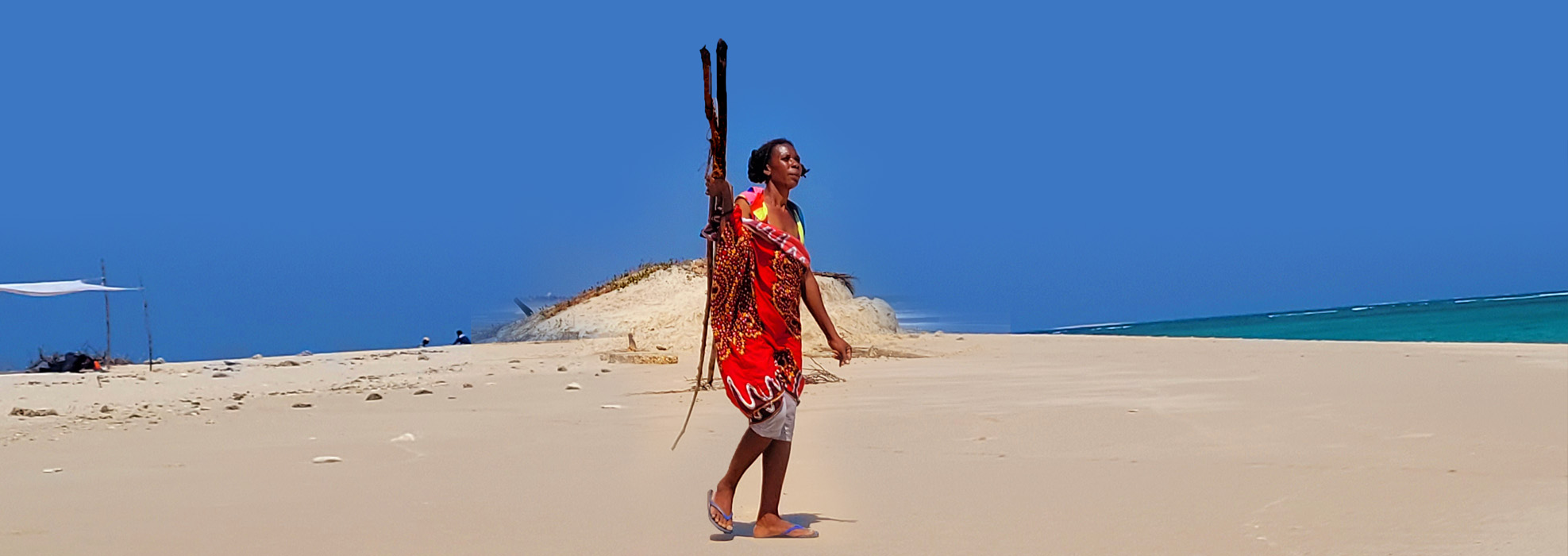Madagascar Cultural Heritage: Explore Unique Traditions
Explore Madagascar's Cultural Heritage Today
7 Malagasy Traditions – Customs in Madagascar

After a baby is born, the midwife presents the umbilical cord and placenta to the father. Traditionally, it is his duty to bury them under a flat stone at the entrance of the family home. In urban areas today, they are buried in a location around the house that is unlikely to be polluted. When burying the umbilical cord, the father keeps his head turned away. This act symbolizes the continuation of the family lineage. In Malagasy culture, if a newborn’s umbilical cord is lost or improperly buried, they may grow up to be forgetful.
When a Malagasy baby reaches three months old, they undergo a hair-cutting ceremony called ‘ala-volo.’ A family member with beautiful hair, known as a ‘tso-bolo,’ is invited to cut the baby’s hair, which is then placed in a large bowl. This hair is mixed with tuberous roots like sweet potato and honey, and the family consumes the mixture. This ceremony serves to fully initiate the baby into society.
In accordance with cultural customs, when building a house, it should face west. This is because it is believed that the best sunlight comes in the afternoon, making west-facing homes preferable. Traditionally, the eastern side of the house is left without windows or doors, while openings face north, which is associated with blessings.
To facilitate the flow of positive energy throughout the home, everything must be arranged correctly. The north is considered a point where power meets holiness, believed to bring happiness and wealth. Therefore, the parents' bed should be positioned with the head facing north.
Before marriage, couples must have a traditional engagement. The ceremony begins with ‘vodiondry’ or ‘lamb’s rump,’ where the groom introduces himself to the bride’s family and formally asks for her hand in marriage. He also presents gifts to her parents and siblings.
Respect for elders is a deeply held Malagasy custom, especially in rural areas. During meals, no one can pick up their utensils until an elder does. Once the elder begins eating, the rest of the family may follow.
In Malagasy belief, each day of the week has specific significance. Thursday, considered the first day of the Malagasy calendar, is viewed as the best day to start lasting projects, such as building a house. Consequently, it is not deemed an appropriate day for funerals, as it might signal a continuation of deaths within the family.